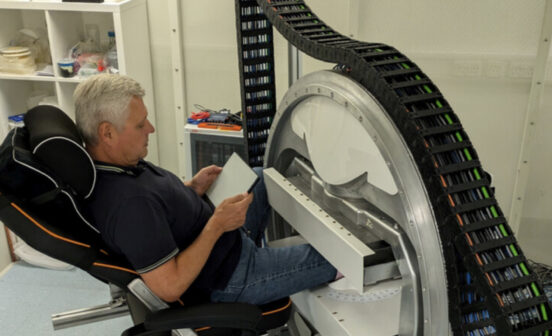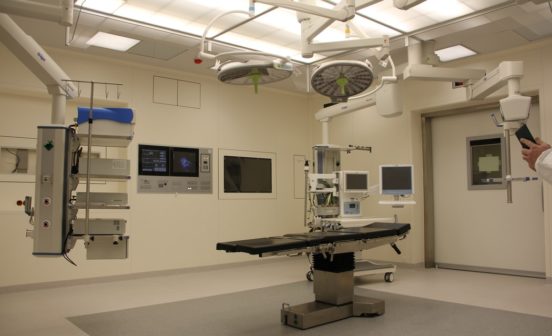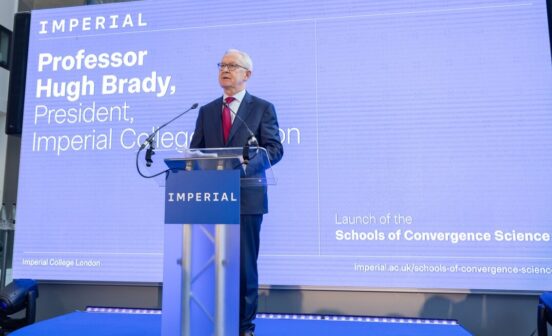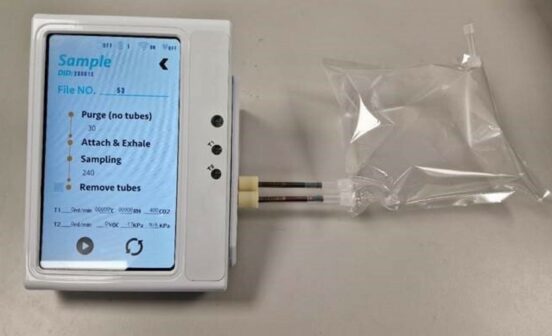DeviceTherapeuticVideo Kinder vapour-based treatment for enlarged prostate
A new treatment for enlarged prostates can reduce side effects and has the potential to improve the lives of thousands of men. The treatment, which uses steam, has been shown to shrink prostates by 36% and has fewer side effects than current methods.
Professor Hashim Ahmed, Consultant Urological Surgeon at Imperial College Healthcare NHS Trust (ICHT) and a member of the NIHR Imperial BRC Surgery & Technology Theme, outlined the impact of this new procedure at a recent Imperial Academic Health Science Centre (AHSC) seminar. He was joined by another Imperial researcher, Dr Sylvain Ladame from the Department of Bioengineering, who presented his research on a new blood test to diagnose prostate cancer more effectively.
A benign enlarged prostate is common in men over 40 and causes pressure on the bladder and the urethra – a tube which allows urine to pass through. It can result in a frequent need to use the toilet and difficulty in emptying the bladder. In some cases, symptoms can be mild and only lifestyle changes such as cutting down on caffeine are needed. However, in a third of cases it can cause bladder irritation, which can affect quality of life. At that point treatment such as surgery is required.
Currently, men with severe enlargement of the prostate are treated by a surgical procedure called transurethral resection of the prostate (TURP). The operation involves the surgeon passing a thin tube-shaped metal instrument into the urethra through the penis. The loop of wire is then heated with an electric current and used to cut away the section of the prostate causing symptoms. However, the operation can take over an hour and includes 2-3 days stay in hospital. It can also cause complications such as incontinence and impotence.
Professor Ahmed outlined a new procedure he has used on patients at Charing Cross Hospital to treat patients more effectively. The new procedure, which is called Rezum Water Vapour, injects small amounts of steam into the prostate. The steaming process permeates throughout the tissue which then allows the gland to shrink as it repairs itself, relieving the symptoms. Unlike current methods the procedure takes 10-15 minutes under sedation or local anaesthetic, with patients able to go home that same day. A large randomised study in the United States has shown it is effective at relieving symptoms and carries little risk of side effects. Professor Ahmed and his team are hoping for this new treatment to be used more widely on the NHS and eventually replace TURP.
This article was written by Maxine Myers; video by Martin Sayers and is copyright of Imperial College London. You can watch both presentations here.





